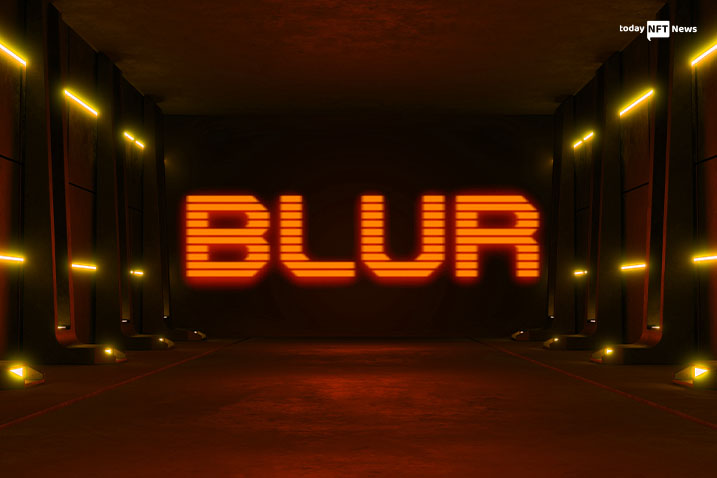SNEAK PEEK
- Blur is now using Seaport to circumvent OpenSea’s extensive market blocklist.
- Blur-based ranks are becoming increasingly common in more collections.
- Blur has decided to make royalties inevitable.
Cygaar tweeted on January 31, 2023, that Blur now uses Seaport to circumvent OpenSea’s global market blocklist. Blur-based rankings are becoming more prevalent in more collections. OS is not getting a 2.5% cut on these Blur orders, as many people are keen to know about this.
In case you missed it, Blur is now using Seaport to get around OpenSea’s marketplace blocklist. You’ve probably noticed that Blur-based listings are available on more collections.
— cygaar (@0xCygaar) January 31, 2023
I’ve seen people asking whether OS is getting a 2.5% cut on these Blur orders. The answer is no. pic.twitter.com/4dtwSl4J0N
Cygaar continued by stating that the OS txn sends some ETH to the OpenSea fees account, but the Blur txn does not. This behavior is visible in the additional recipients variable of the txn information.
Seaport orders based on blur will be visible in the OpenSea activity tab, but there is no certainty of their fixation in the future. It has also been made clear that Blur will stop enforcing royalties. Blur has chosen to make royalties mandatory. Another concern is: how does the OS prevent this? It will be difficult as long as Seaport is accessible and free to use.
Blur has recently taken major action by circumventing OpenSea’s blocklist restrictions. Blur is attempting new experiences for an exceptional debut, as indicated in the airdrop statement.
Blur is an NFT exchange and collector that was established on October 19, 2022, by Austin Witte, the founder, and CEO of Blur Media. Buyers may evaluate NFTs from different markets, manage assets with extensive insights, and purchase NFTs. The VC-backed e-commerce company claims that buyers can sweep and capture NFTs 10 times quicker compared to other marketplaces, along with the aggregate Gem.








